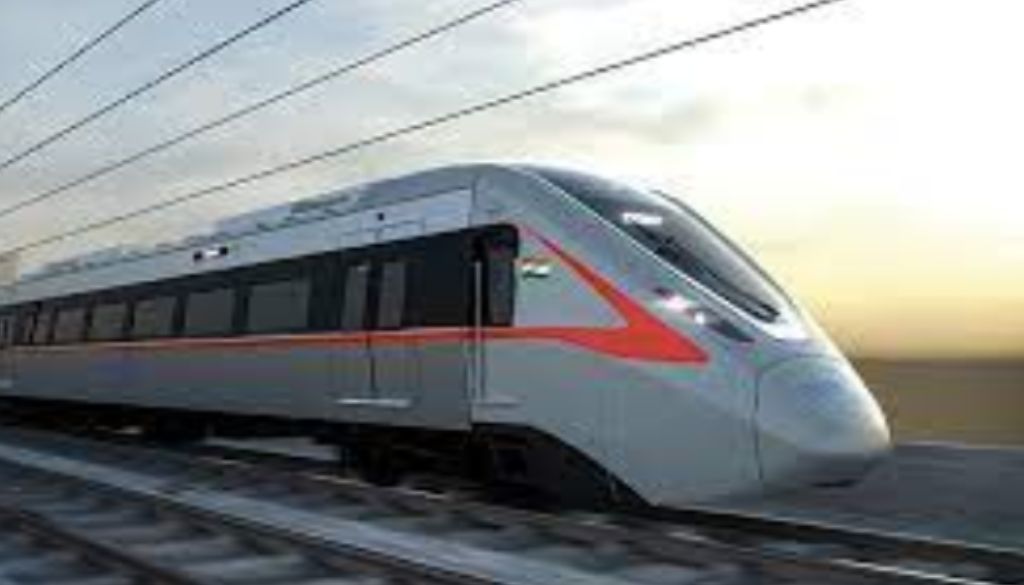Pune-Nashik High-Speed Rail Project Gains Momentum with Maharashtra Rail and MSRDC Collaboration

Pune-Nashik, 12th January 2024: The Pune-Nashik High-Speed Rail project, which had faced a hiatus due to disputes between Maharashtra Rail Infrastructure Development Corporation Limited (MAHARAIL) and the Indian Railways, is expected to regain momentum. A recent meeting in Mumbai saw decisions favouring MAHARAILS’s involvement in the project and the acquisition of land through the Maharashtra State Road Development Corporation (MSRDC).
The Pune-Nashik High-Speed Rail Project has been assigned to Maharail, with the state government approving its report. Sub-divisional officers have been appointed for land acquisition in Haveli, Khed, Ambegaon, and Junnar. The required procedures, including land measurement, have been completed. Additionally, a proposal for direct land acquisition through purchase has been prepared, requiring Rs. 1200 to Rs. 1500 crore from the Railway Administration for funding.
Previously, despite the completion of procedures and preparation for land acquisition, the Ministry of Railways took over the project from MAHARAIL. This move also included a decision to implement 30 per cent changes in the initially presented Detailed Project Report (DPR), leading to a dispute between the two entities and a temporary halt in project progress.
In a recent meeting held in Mumbai, Deputy Chief Minister Ajit Pawar and other stakeholders discussed the project. The decision emerged that Maharail would proceed with the project instead of the Railways, and MSRDC would handle the land acquisition process.
Project Features
– Route: Passing through Pune, Ahmednagar, and Nashik districts
– Land Required: 1,470 hectares
– Land Acquisition: Haveli, Khed, Ambegaon, Junnar talukas, with 575 hectares in Pune district
– Travel Time: Estimated to reach Nashik from Pune in two hours
– Rail Line Upgrades: Electrification and double rail line work planned
High-Speed Rail Project Specifications
– Speed: 200 km per hour
– Infrastructure: 18 tunnels, 41 flyovers, and 128 underpasses
– Funding: Financial institutions – 60 per cent, Government of Maharashtra – 20 per cent, Railway Administration – 20 per cent
Dr Amol Kolhe, MP, emphasized the significance of the decision for regional connectivity, stating, “This decision will be very important in terms of transportation of agricultural goods and industrial goods.”






